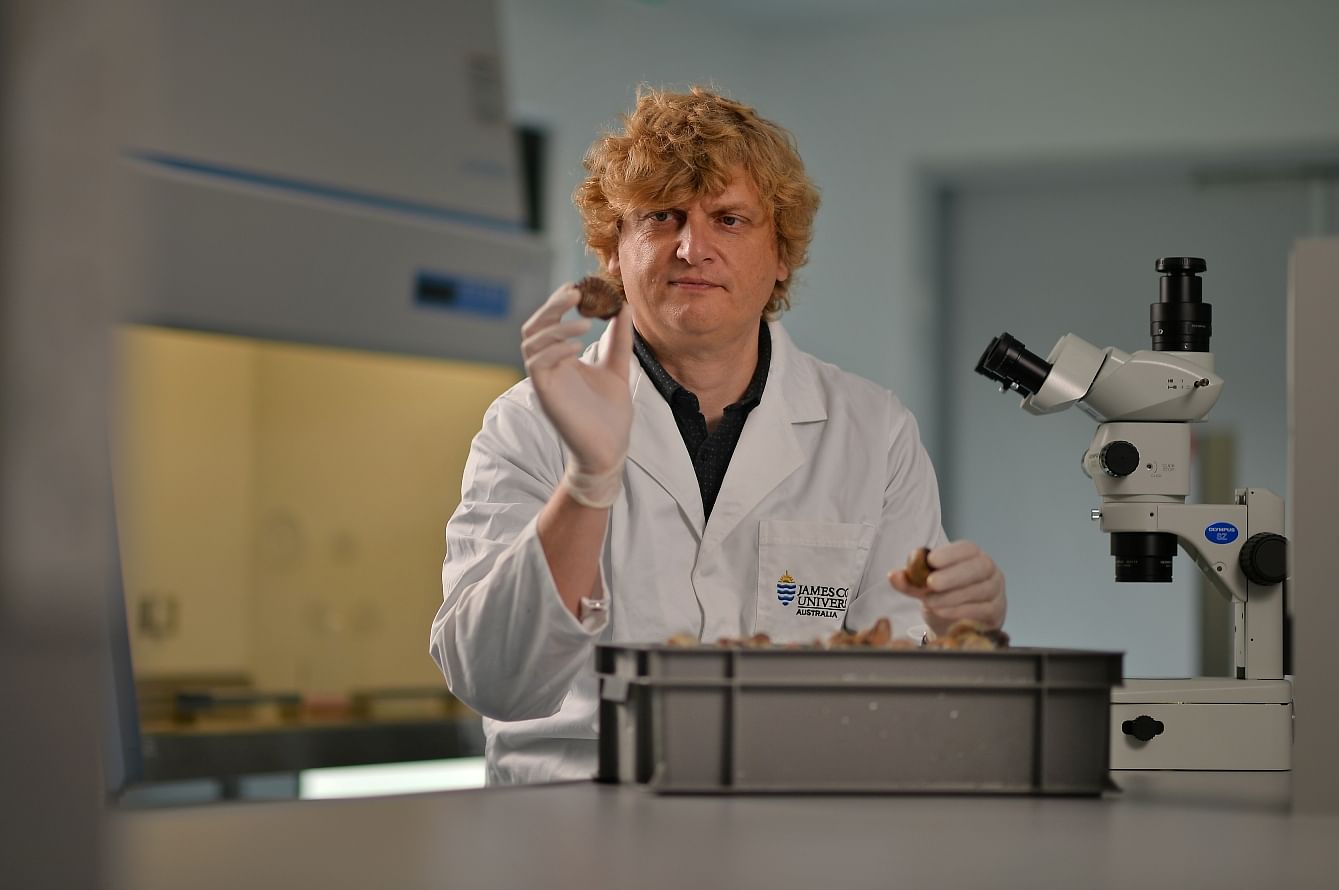Going green is high on the Government's agenda.
According to the Public Sector Sustainability Plan 2017 to 2020, the public sector plans to reduce electricity and water consumption by 15 per cent and 5 per cent respectively by 2020.
The private sector is following the lead too.
Twenty-five per cent of companies surveyed here - close to the global average of 27 per cent - have adopted environmentally sustainable practices.
Almost half the companies recognise that more customers are demanding environmentally sustainable services and products.
The finding is from a report by HSBC Singapore shared with The Straits Times on Jan 23, 2018. It surveyed more than 1,400 decision-makers across 14 countries on the ethical impact of their businesses as part of their strategies and growth ambitions.
More than half the companies believe that going green is key to improving their growth and profitability.
For business students, understanding this paradigm shift can give them an edge in the competitive workforce.
Dr Neil Hutchinson, a senior lecturer for the Singapore campus of James Cook University's (JCU) environmental science program, tells us why its Bachelor of Business and Environmental Science program better equips graduates to navigate the changing business landscape.

Why is there a shift in focus for businesses to have more robust environmental strategies?
Businesses are under more scrutiny than ever, and the days when they were able to operate without appreciating their potential impact on the environment are increasingly behind us.
At one end of the spectrum there are top-down changes, such as international and local regulations driving changes in how businesses operate.
And at the other end, there are bottom-up drivers such as an increasingly knowledgeable customer base, whose behaviour and choices are shaping businesses and affecting their bottom line.
Why is it important for businesses to play a part in environmental and sustainability issues?
When we talk about sustainability and businesses, we are talking about a more holistic approach than people perhaps realise.
True sustainability tackles environmental, social and economic challenges, and businesses increasingly need to appreciate all three areas in order to survive and thrive.
What are the biggest challenges businesses face when it comes to environmental and sustainability issues?
This varies dramatically among businesses, but for those that have not engaged with these issues yet it is probably appreciating where to start.
Putting into place the strategies and practices required to truly integrate sustainability throughout a business takes time and requires staff with a true understanding of sustainability concepts and management willing to take this on board.
In terms of Singapore's business landscape, how important are these issues in the coming years?
Singapore is already at the forefront in some key areas such as water technology and green buildings.
In order to maintain leadership in these areas and develop new solutions, it will become increasingly vital that Singapore businesses take the initiative in terms of creative approaches and solutions to tackle sustainability issues.
Is the aquaculture industry, which requires environmental knowledge, a growing industry? Is this an area that future jobseekers should look into?
Certainly. Aquaculture as an industry is growing at a phenomenal rate both internationally as well as in South-east Asia, and is set to continue growing.
One of the key needs of this industry right now is for skilled, knowledgeable employees. Jobseekers would do well to look at the aquaculture industry as a career, and we aim to produce graduates to fill the labour shortage in this area, for example through our Aquaculture Major.
How does JCU's Bachelor of Business & Environmental Science equip the students with the right skills for the workforce?
As a multidisciplinary program, this degree provides students with the core knowledge and training necessary to apply business and environmental science principles. We engage with industry to help us understand what skills are needed in the real world.
How is the program different from other business programs at JCU?
This is not a business program per se, but rather a degree program that straddles both business and science.
Half the subjects that students study concentrate on business practices and theory, while the other half focus on scientific concepts, theory and practice.
The program produces students who are "bilingual" in business and science and are able to integrate ideas and practices from both areas to tackle real-world problems.
How is the program carried out?
The degree is a 50/50 split of business and science subjects. Each subject is different in terms of structure and assessment.
Throughout their degree, students can expect to be taught using a wide range of approaches such as laboratory practicals, field visits in Singapore and overseas, interaction with industry, self-driven projects, debates of real-life scenarios and the production of multimedia material to educate a variety of stakeholders.
Those students who wish to can also spend time on our campuses in Australia.
Does JCU tie up with businesses with a strong sustainability background to offer students hands-on experiences in relevant environments/facilities?
JCU has strong links with industry in both the business and science spheres.
There are opportunities for students to interact with organisations in a variety of ways, from on-campus events, where industry is invited to work with students on issues that affect them directly, to site visits to understand the approaches that businesses are taking. More recently, we have been working closely with industry to provide internship opportunities for our students.

